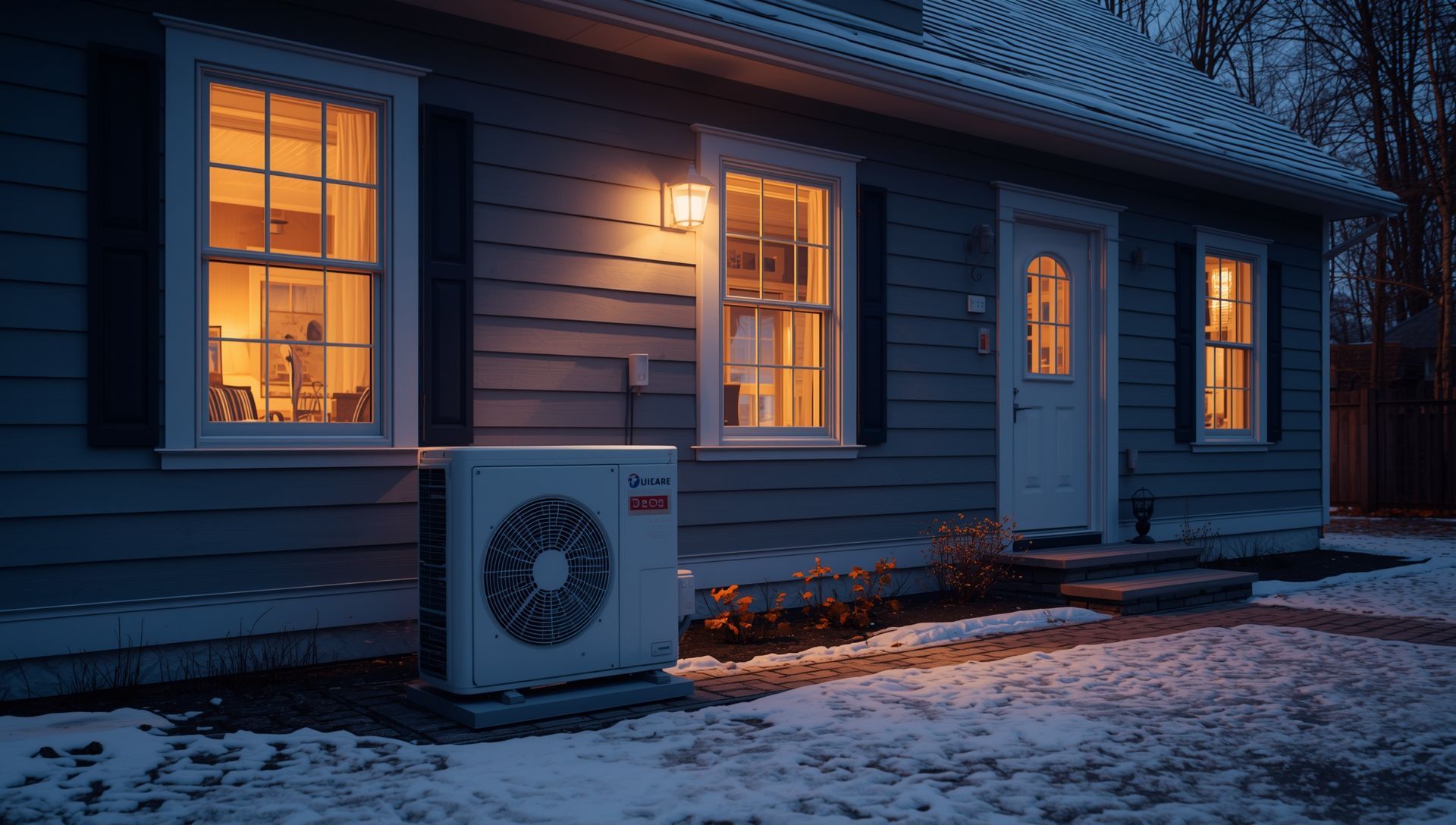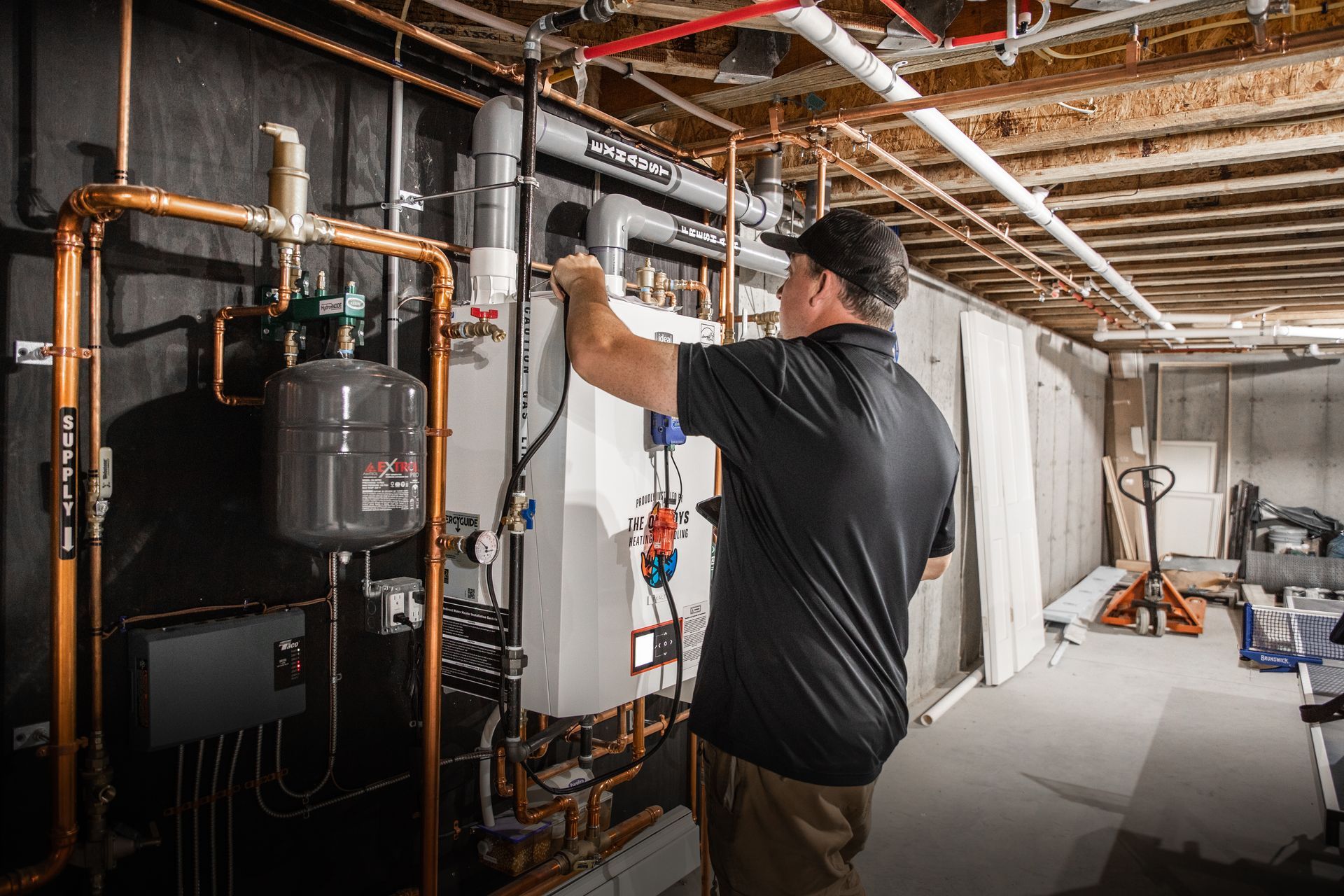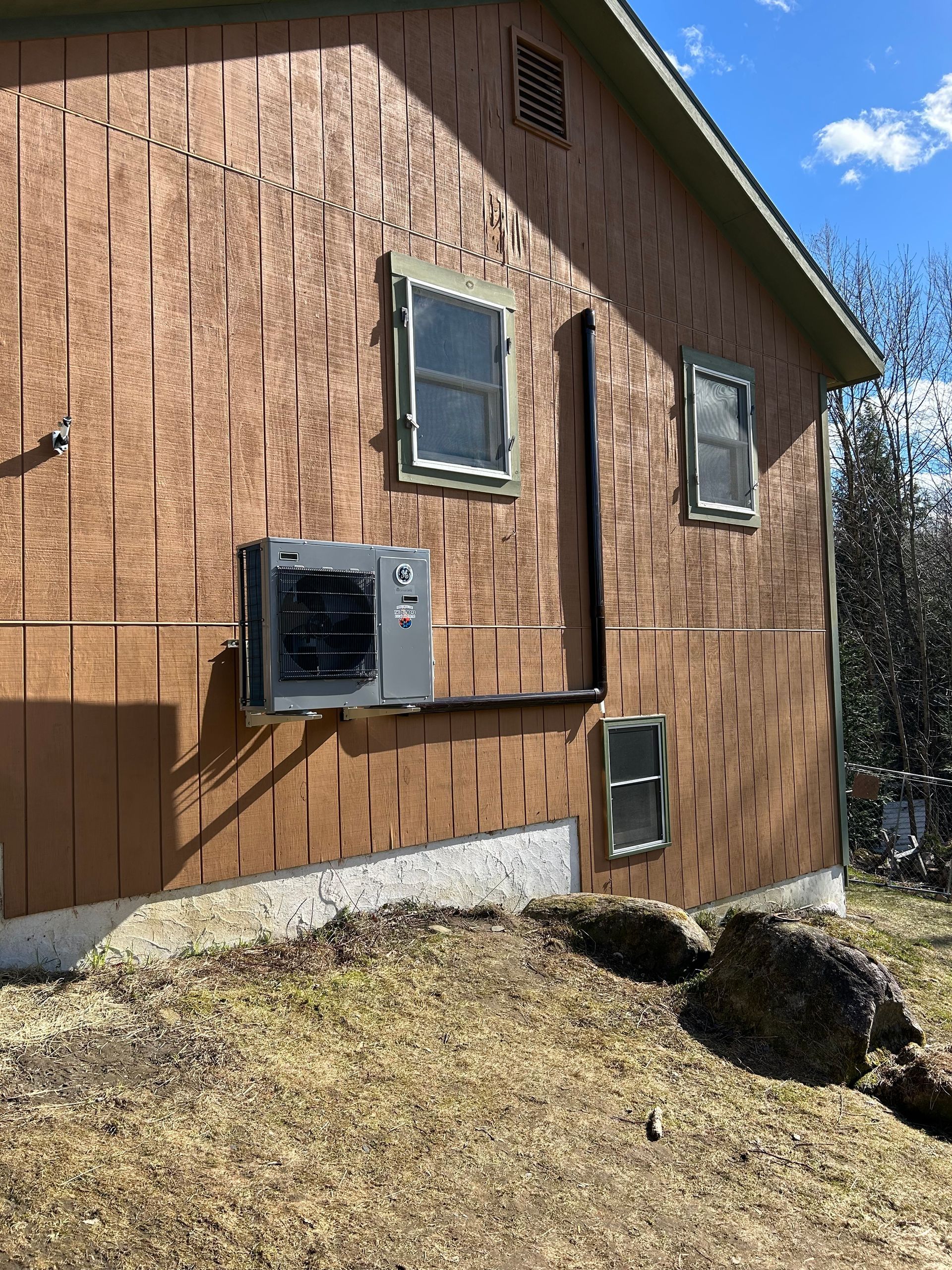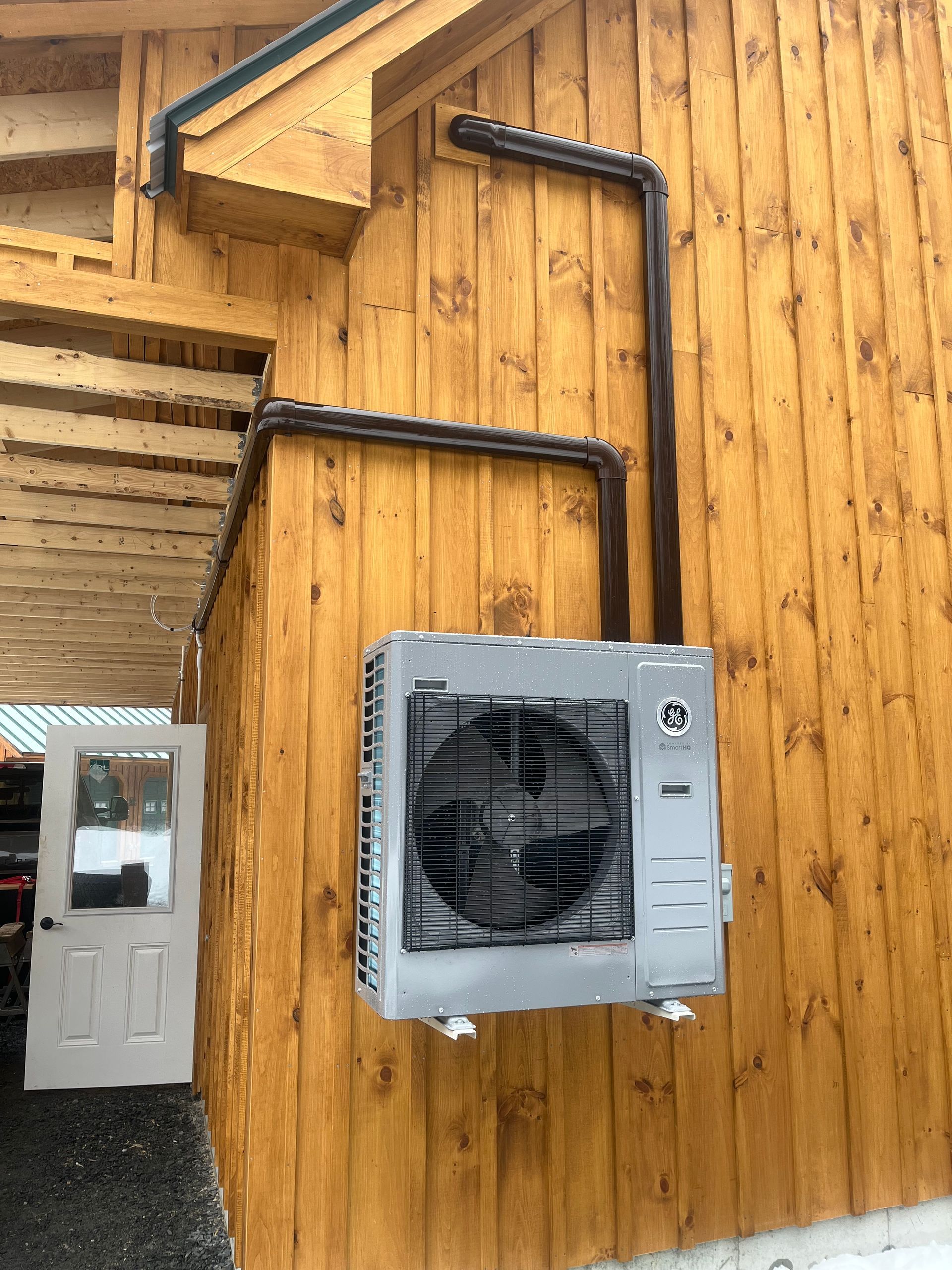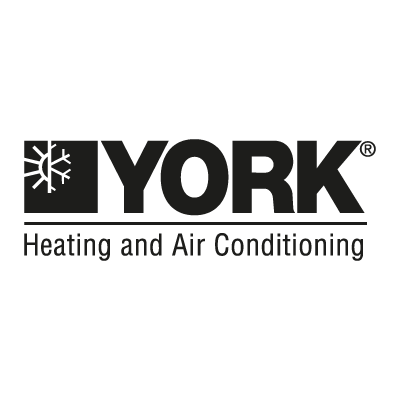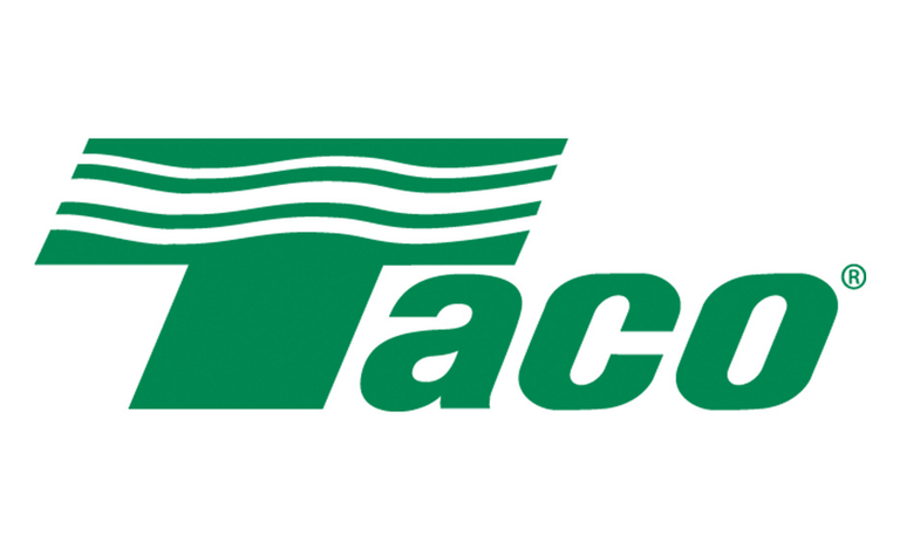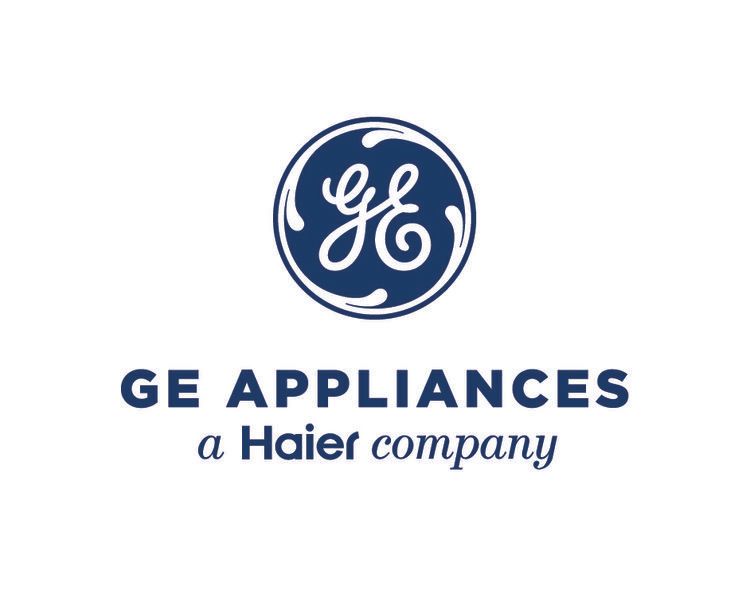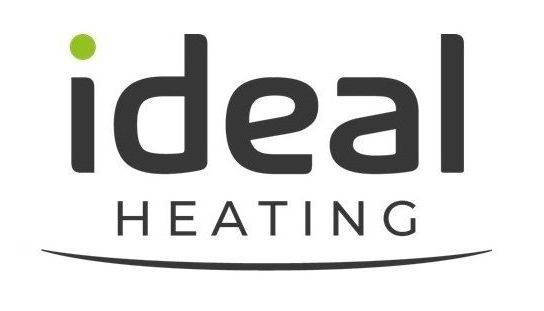Choosing between a forced hot water system and a hot air furnace can be a tough call for New Hampshire homeowners. This guide compares both heating methods—breaking down cost, comfort, air quality, and efficiency—to help you find the perfect fit. Whether you're building, upgrading, or replacing an old system, The Oil Boys, LLC is here to help you make an informed decision and stay warm all winter long.
Choosing the right heating system for your New Hampshire home is a big decision, and for many homeowners, it often comes down to two main options: forced hot water (also called hydronic heating) or hot air systems (commonly known as forced air). Each has its benefits, unique features, and considerations. This guide will help you weigh the pros and cons so you can make the best decision for your household.
Understanding the Systems
Forced Hot Water Heating:
This system, often seen with boilers and baseboards or radiant floor heating, circulates hot water through pipes to heat your home. The water is heated by a boiler and then moves through a closed system, delivering steady, even warmth.
Hot Air (Forced Air) Heating:
This setup uses a furnace to heat air, which is then pushed through ducts and vents into each room, delivering instant warmth, and many hot air systems can double as air conditioning systems in the summer.
Key Differences at a Glance
- Temperature Consistency
- Forced Hot Water: Very steady and even heat
- Hot Air System: Heats quickly but may create hot and cold spots
- Noise
- Forced Hot Water: Very quiet operation
- Hot Air System: Fans and ducts can produce noticeable noise
- Maintenance
- Forced Hot Water: Requires annual boiler inspections
- Hot Air System: Needs regular filter cleaning or replacement
- Air Quality
- Forced Hot Water: Doesn’t circulate dust or allergens
- Hot Air System: Can move dust and dry out indoor air
- Installation
- Forced Hot Water: More complex, especially with radiant floor systems
- Hot Air System: Easier if existing ductwork is available
- Add-on Options
- Forced Hot Water: Difficult to integrate cooling systems
- Hot Air System: Easily pairs with A/C or heat pump systems
- Energy Efficiency
- Forced Hot Water: Highly efficient—water retains heat well
- Hot Air System: Varies; newer models offer improved efficiency
Pros and Cons of Forced Hot Water
Benefits
- Even Comfortable Heat
Hydronic heat is known for its gentle, consistent warmth—no cold drafts, no sudden blasts. Just a cozy, steady feel, perfect for long New Hampshire winters.
- Silent Operation
There are no fans or blowers moving air, so there’s little sound aside from the occasional clicking sound from a baseboard.
- Better Air Quality
Because it doesn’t blow air, a forced hot water system won’t distribute dust, pet dander, or other allergens through your home.
- Energy Efficiency
These systems are excellent at retaining heat, and modern boilers can achieve up to 95% efficiency, according to the U.S. Department of Energy.
Considerations
- No Air Conditioning
Most hydronic systems can’t be used for cooling unless you add a separate mini split or central A/C system.
- Upfront Cost
Installation can be more expensive than a basic forced-air furnace, especially if you opt for radiant floor heating.
- Slower Response
Hydronic heat takes a little longer to get going; however, once it’s warm, it stays warm.
Pros and Cons of Hot Air Systems
Benefits
- Quick Warm Up
Hot air systems heat your house much faster. This is perfect for those who want strong, immediate heat.
- Dual-Purpose Ductwork
If you want central air in the summer, you can use the same ducts for both heating and cooling by adding an A/C or heat pump.
- Lower Initial Cost
Furnace installation is usually less expensive than a full hydronic system, especially if ductwork is already in place.
- Versatility
Modern systems support integration with heat pumps in New Hampshire, giving you energy-efficient heating and cooling from one system.
Considerations
- Air Quality
Allergens travel with warm air, and the system may dry out your indoor air in the winter months.
- Noise
The fans and ducts produce some sound, though recent models are much quieter.
- Less Even Heat
Rooms may experience hot or cold spots, especially in larger homes.
Maintenance and Service
Regardless of which system you choose, regular HVAC system maintenance is crucial. Here’s why:
- Efficiency: A tuned system uses less energy and saves money.
- Longevity: Routine care helps your system last longer and avoids costly repairs.
- Safety: Regular checks catch issues with gas, oil, or electricity before they become dangerous.
Whether you need boiler installation, furnace installation, or annual service checks, working with a trusted professional makes all the difference for your New Hampshire home.
Considering Heat Pumps and Hybrid Options
Heat pumps are quickly gaining ground in the Granite State, with more than 23,000 homes in New Hampshire using them as of 2023 (NHPR). Why? They combine heating and cooling in one package, often using existing ductwork or installed as ductless heat pumps. For those interested, options include residential heat pump installation, ductless heat pump installation, and seamless integration with HVAC services in Grafton.
Key Takeaway
Choosing between forced hot water and hot air is about what fits your home, lifestyle, and comfort needs. Both systems keep NH families cozy and safe through every season. With the right service partner, your investment can last for decades.
If you’d like help finding the ideal system or need trustworthy heating and cooling service, reach out to the experts at The Oil Boys, LLC. Your comfort is just a call away!
Enjoy a warm, worry-free home all year long. Contact The Oil Boys, LLC today for a free quote or emergency service.
